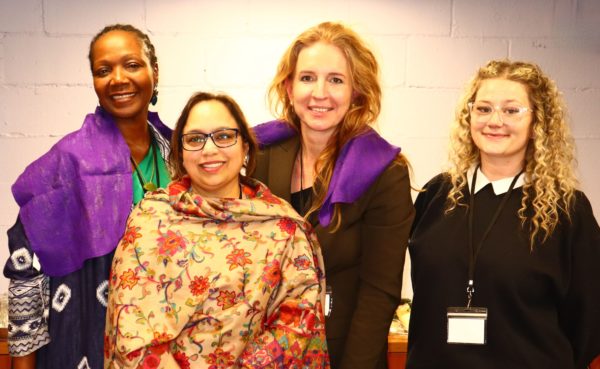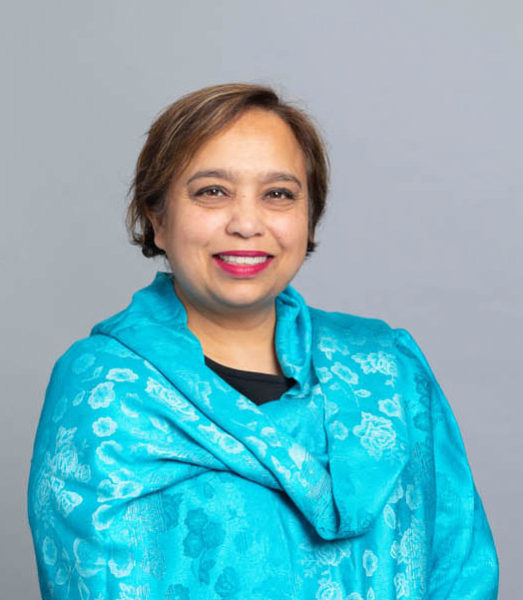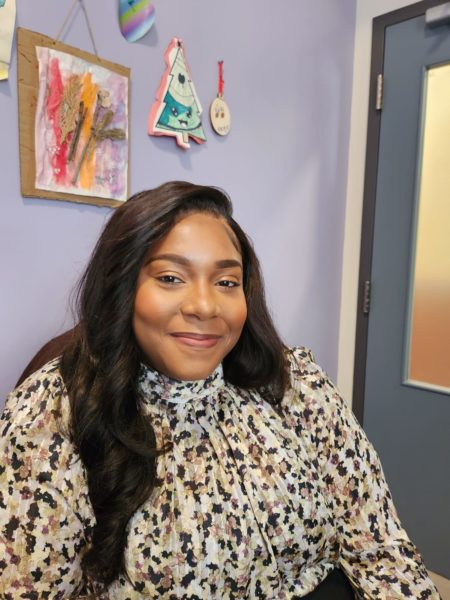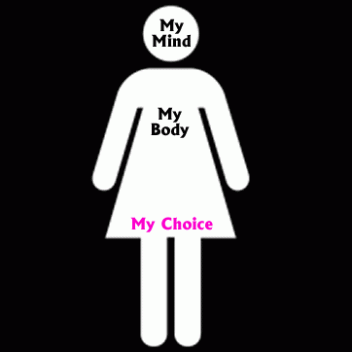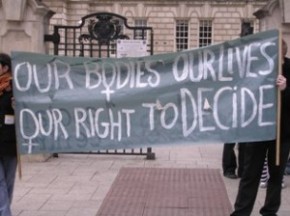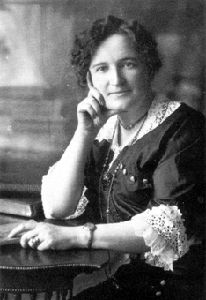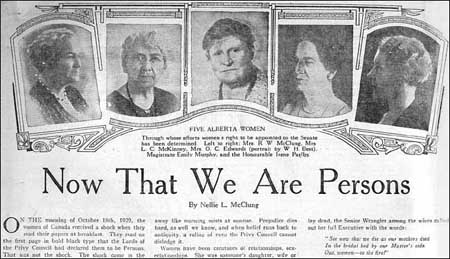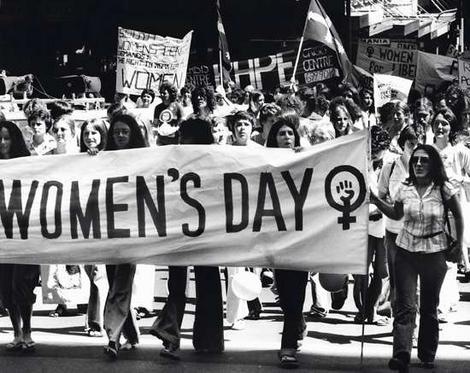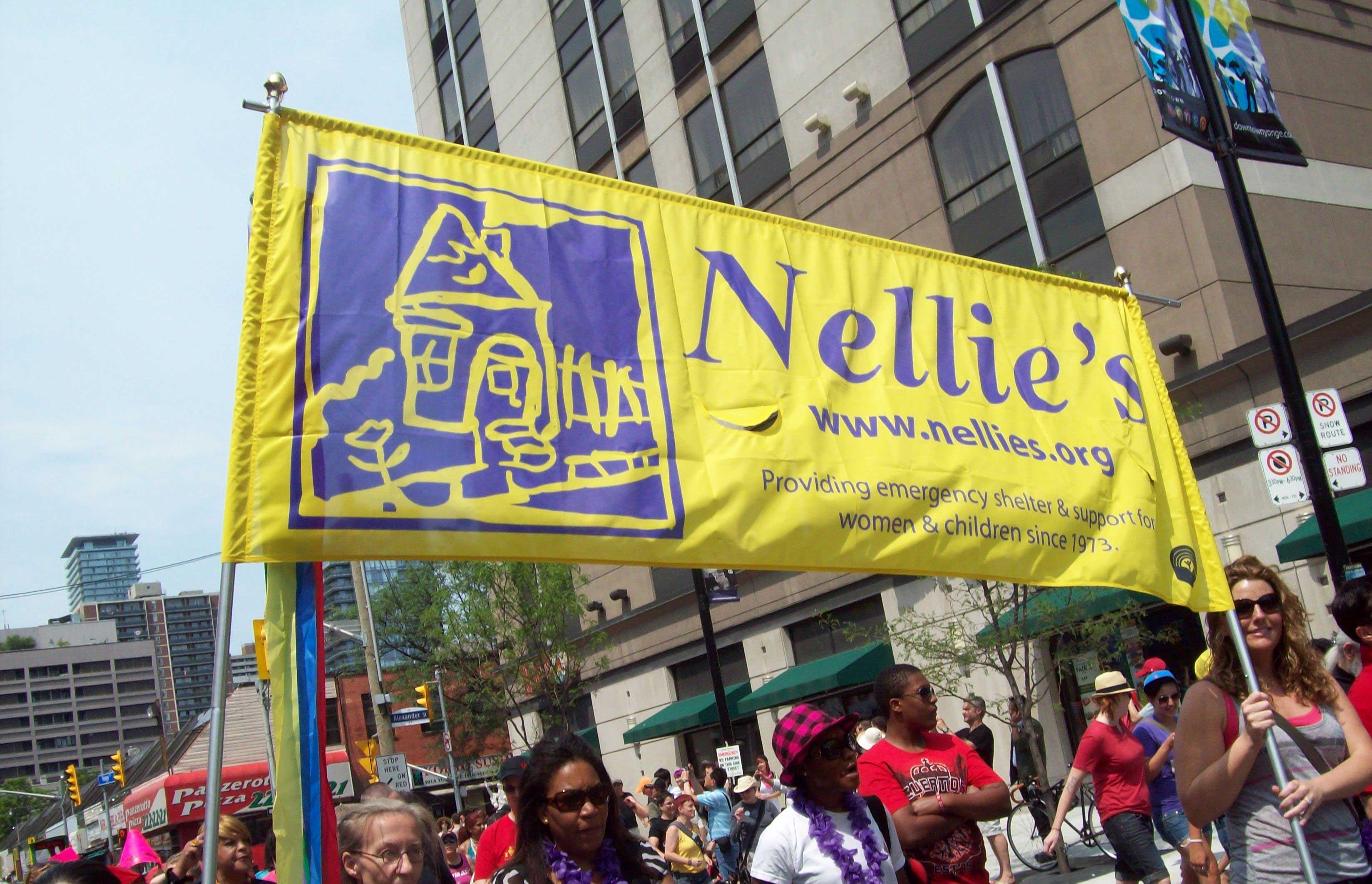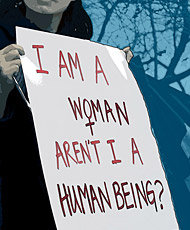Content warning: The following content contains intense descriptions of assault and violence that some readers may find distressing or triggering.
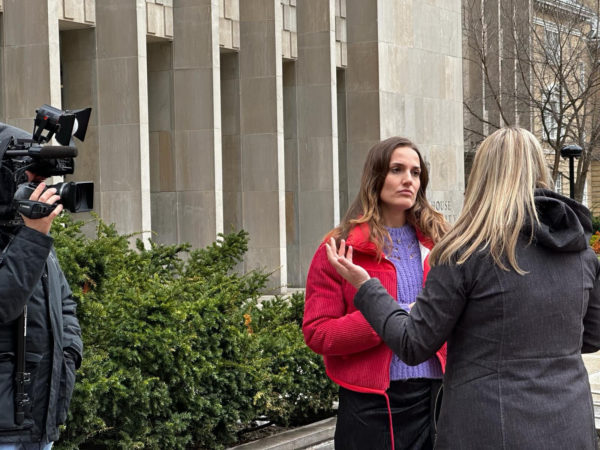 On the warm July evening that her partner tried to kill her, actress and model Cait Alexander sent a single WhatsApp message to a friend that saved her life. After drunkenly accusing her of hiding his car keys, her partner came at her with a level of grotesque violence she’d never experienced before, including pinning her down, beating and kicking her, leaving bruises and broken skin all over her body.
On the warm July evening that her partner tried to kill her, actress and model Cait Alexander sent a single WhatsApp message to a friend that saved her life. After drunkenly accusing her of hiding his car keys, her partner came at her with a level of grotesque violence she’d never experienced before, including pinning her down, beating and kicking her, leaving bruises and broken skin all over her body.
After what felt like an unending assault, her partner inexplicably left her and went downstairs for a moment. This is when Cait knew she had to act quickly. Although he had hidden her phone, Cait managed to get to her laptop, and sent a WhatsApp message that said: ‘plese help.’ “I didn’t even spell ‘please’ correctly because I was trying to move as quickly as my broken body would allow me,” she says. “If he caught me communicating with the outside world while he was attacking me, he would certainly kill me.”
“I am alive because of that text message,” says Cait. “There is no doubt in my mind.” That message set off a chain of friends trying to check in on her, and ultimately the police being called when she didn’t reply. One of the police officers told her that in her 20-year career, this was one of the worst domestic assaults she had ever seen.
How did Cait’s relationship get to this point? Like so many stories of intimate partner violence, their relationship seemed magical at first. The couple started dating during the pandemic, which Cait says contributed to things moving incredibly quickly — within a month, he had introduced her to his son and they were all living together. His ex was supportive of the new relationship, and all of Cait’s family and friends thought that he was “the one”.
But at around the six-month mark, things started going off the rails. First, her partner’s drinking began to get out of control, and at a gathering at their house he was violent towards her for the first time. He kicked her while she was cleaning up a large glass mason jar that he smashed in a fit of rage, and then got into a fist fight with a friend who tried to protect Cait. “That should have been a huge warning sign of just how diabolical this person could be,” says Cait. “But he apologized for his behaviour, and then everything seemed to sort of normalize.” But not for long.
A few weeks later, on a vacation together to visit some of his friends, he hit her for the first time, smashing her face into the driver’s side window while she was driving. “I’ll never forget what that felt like, the shockwaves of perplexity,” Cait explains. “I felt isolated alone with this person, five or six hours away from home. I just met all of his friends, but now he’s smashed my face into a window.” Again, upon returning home, he apologized and although weary, she tried to put the abuse behind her. The vicious cycle continued until that final nearly lethal night when she called for help.
Now two and a half years after that assault, Cait is still attending therapy for PTSD and seeing neurologists to ensure there’s no permanent brain damage. Her head shape is forever altered, and she has scars on her body that she’s forced to see every day. Cait is sharing her story now to help give strength to others who might currently be in similar situations, and to also bring greater awareness to the prevalence of domestic violence in our communities. “This can happen to anyone, in any neighbourhood,” says Cait. “People say that they think it wouldn’t happen to them or anyone they know. Well, it happened to a woman with two degrees who comes from a rock-solid family that’s still together. It’s happening everywhere and to everyone.” Cait’s advice to other women bringing legal action against their abuser is to document everything. “Every single thing,” she stresses, adding that it’s her photos, videos and journals which helped her build a case against her abuser.
While Cait was fortunate enough to have family to support her as she rebuilt her life, not everyone is. At Nellie’s, we provide shelter and support to all women and their children who are impacted by violence, intimate partner abuse, trauma, and homelessness. We are so much more than just a bed — we’re also a place they can turn to for services and support. We stand alongside them as they navigate the legal system, immigration services, social services, child protection services, health care, and more.
“If the pandemic has highlighted anything, it’s that violence against women is endemic in our society,” says Jyoti Singh, Nellie’s executive director. “The need for organizations like Nellie’s is as significant today as it was when we first opened our doors 50 years ago, and we will always be here to support women in crisis.”
Cait is currently raising awareness about gender-based violence and advocating for changes to the justice system as a result of her case. To learn more, please watch her interview with CityNews Toronto. Thank you, Cait, for sharing your story with us.


